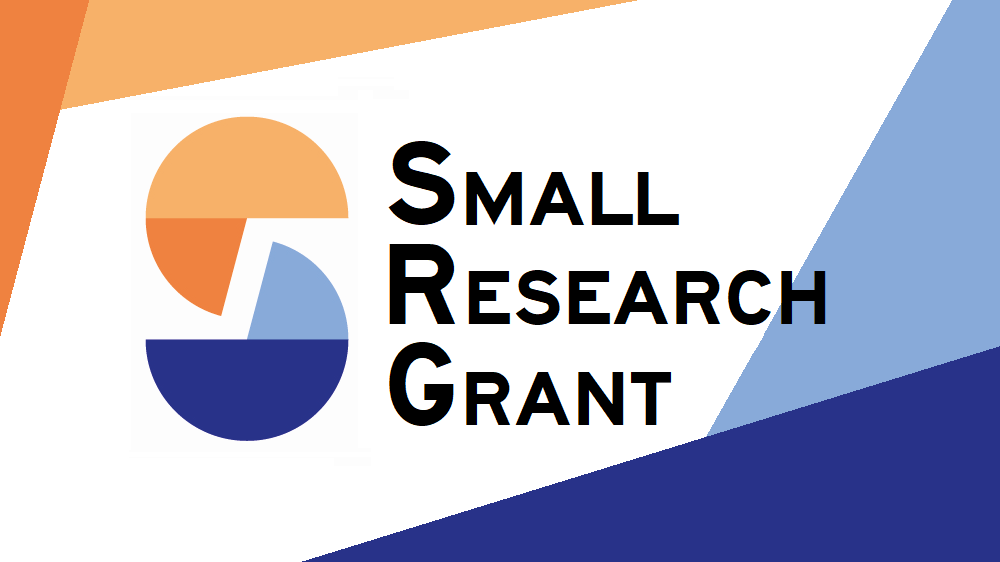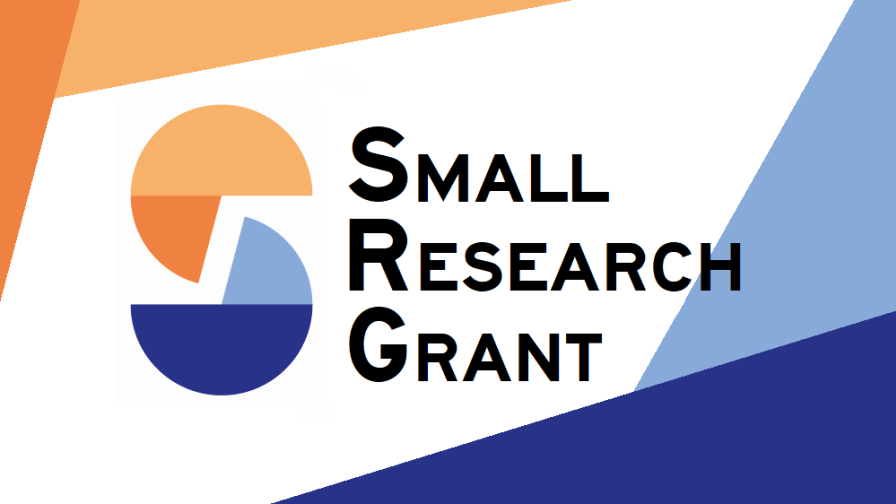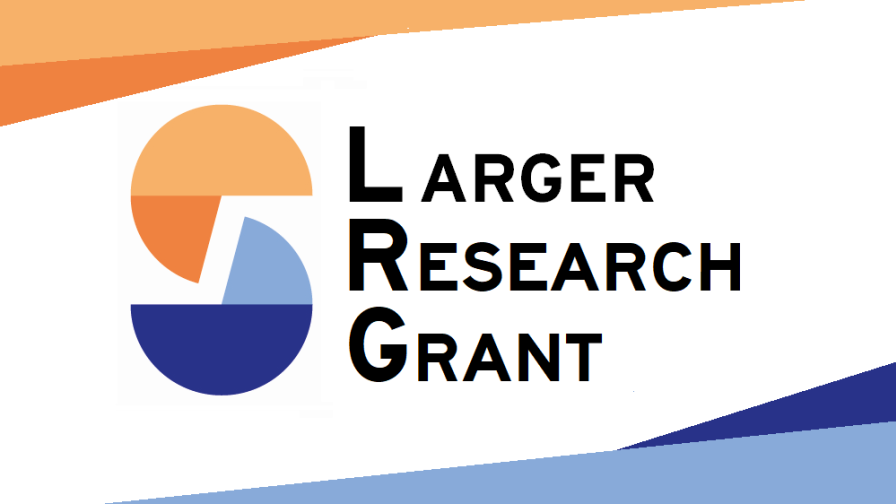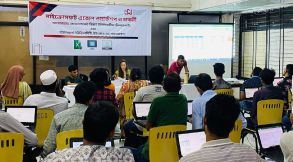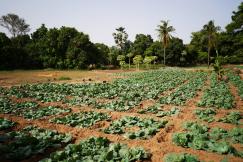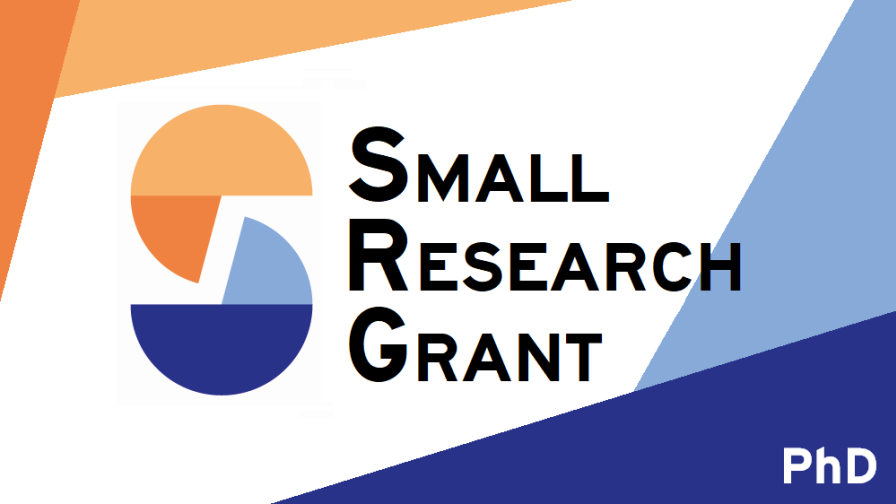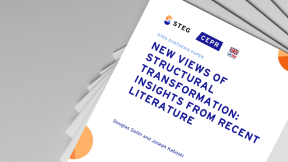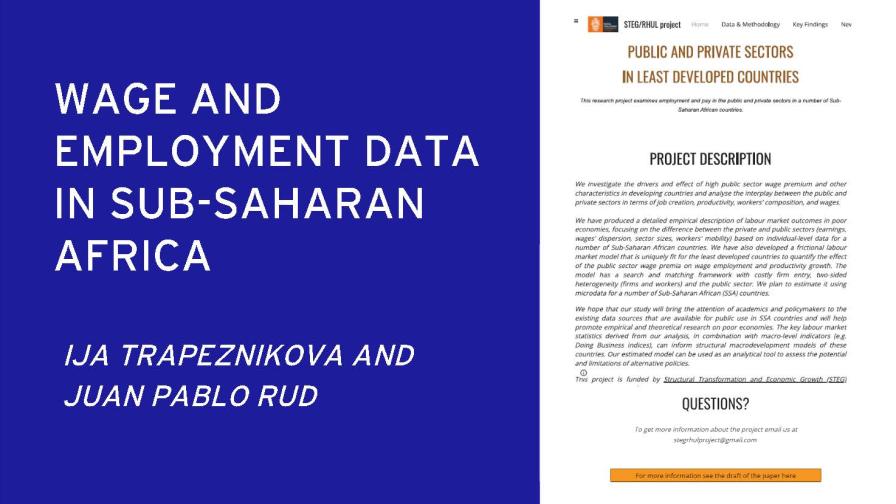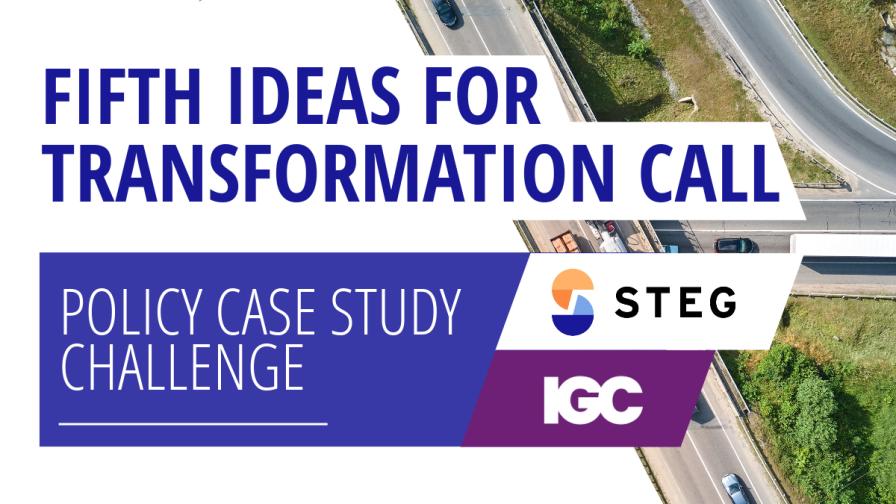Despite preventive technologies and treatment, malaria in sub-Saharan Africa is still the leading cause of death and a barrier to children's human capital accumulation. In recent years, however, scientists have made a big step toward eliminating malaria, as the newly developed vaccine is reported to be 80% effective in preventing the disease in young children. How will this vaccine shape Africa's outlook in the long run? Will the economic gains be commensurable with the costs involved in eradication?
This project attempts to answer this question by combining empirical analysis and a theoretical macroeconomic model. On the empirical front, the research team focuses on a recent large-scale anti-malarial campaign in Tanzania, the Roll Back Malaria (RBM) campaign, which significantly reduced the malaria burden between 2003 to 2012 in Tanzania and other sub-Saharan African countries. Using census data covering 1988 to 2012, the team estimate the impact of the campaign on households’ fertility and children’s human capital formation through a difference-in-differences design. Guided by the empirical analysis, a structural model featuring endogenous fertility, childhood human capital accumulation through schooling, and childhood diseases is then employed to simulate the long-run effects of a nationwide distribution of a successful malaria vaccine.
Answering such questions is of first-order importance from academic and policy perspectives. From an academic perspective, this is closely related to whether public health interventions can foster long-run economic growth. From a policy perspective, knowledge about the benefits and costs involved in eradicating malaria is necessary for making informed decisions. Overall, the significant long-run gains in terms of the GDP per capita support prioritising eradicating malaria as a core development objective. Such implication is especially relevant for sub-Saharan African countries, where malaria is a severe problem but fighting against it could be costly. Comparing the costs and benefits of a national malaria vaccination policy with the estimated model. The benefits, measured by the increase in per capita output, far exceed the costs of vaccination, even with a relatively high vaccine price.
Through the empirical analysis, the research team find that education significantly increased among the children who benefited from the RBM campaign. Using the empirical estimates to discipline the parameters, the estimated structural model indicates that mass distribution of a successful malaria vaccine would increase per-capita GDP by 32% within 60 years, leaving the population growth rate essentially unchanged and significantly improving intergenerational education mobility. Conventional macroeconomic studies have argued that the macroeconomic benefits of eradicating diseases such as malaria are likely to be small and take a long time to materialise. In that sense, the 32% increase in long-run GDP per capita could seem implausibly large. However, the model in this project incorporates several potentially important channels that were neglected in the previous literature. Breaking down the sources of the long-run gains demonstrates that the model's number is consistent with the small numbers found in the previous literature, and the additional channels are quantitatively important.
